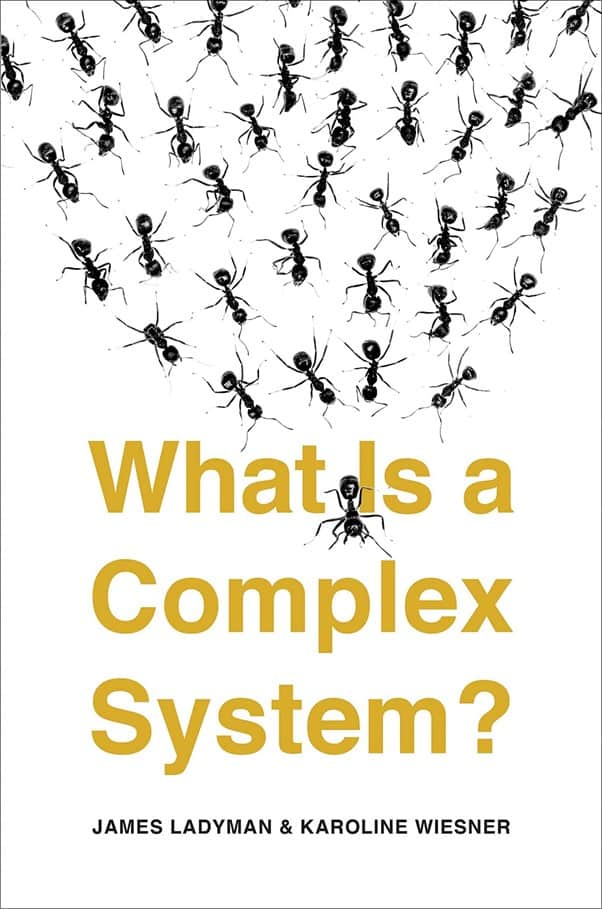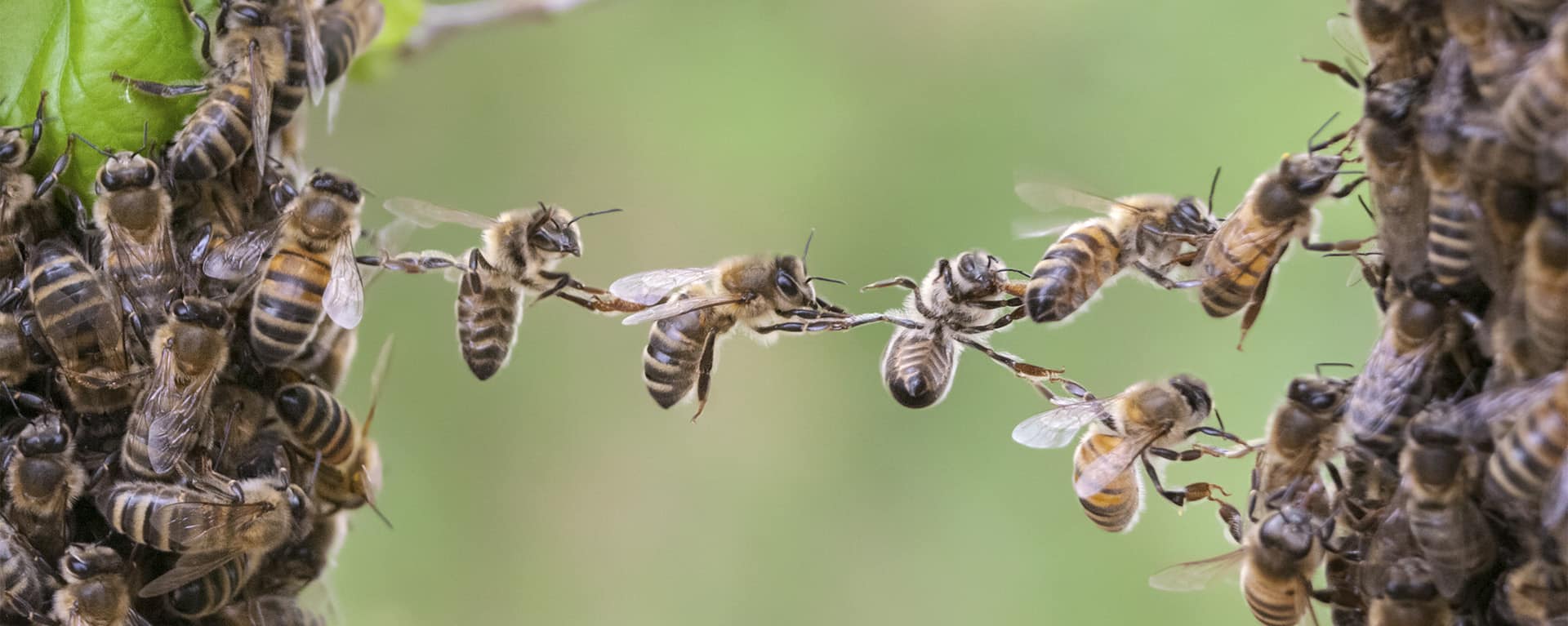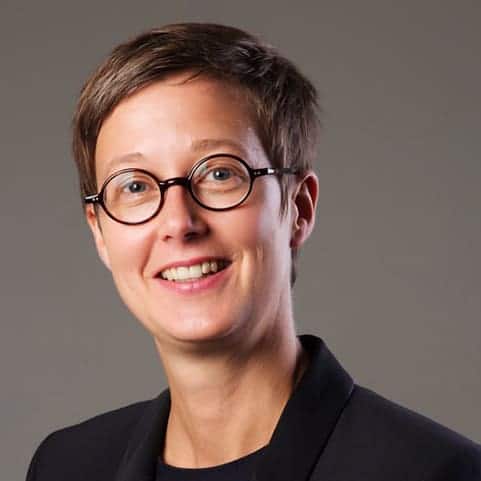NOW THERE IS A GUIDE THROUGH THE CHAOS
When coming across the term “complex systems,” many readers may shy away from engaging any further. The term is often associated with confusion because complex systems come up in various disciplines and seem to be everything and nothing at once.
With their book “What is a complex system?,” Karoline Wiesner, a member of our External Faculty and associate professor of mathematics at the University of Bristol, and James Ladyman, as well professor (of philosophy) at the University of Bristol, connect the dots behind the various phenomena under the umbrella of complex systems. Those range from the way a flock of birds flies, to the motion of people in a city, to the inner workings of stock markets.
In December 2020, the book was considered as one of “the week’s best science picks” by Nature.
In the past years, complexity science has grown in popularity and appeared in various academic studies. However, something was missing in the existing body of literature. “Whenever a student asked me ‘What should I read first?’, I always struggled. I would start giving them a collection of articles,” says Karoline, a trained physicist. “This book fills that gap and is a good starting point to approach the field.”
SOME COMPLEX SYSTEMS MAY HAVE UNDESIRABLE EFFECTS
Karoline aimed to bring clarity into the intertwined and convoluted world of complex systems. Many academics have used complexity science to describe living and nonliving systems in disciplines like biology, physics, sociology or economics.
The new book “What is a complex system?” looks at the research that has been done so far and creates a conclusive framework.

KAROLINE WIESNER, JAMES LADYMAN: WHAT IS A COMPLEX SYSTEM?
ISBN: 9780300251104
Yale University Press
August 2020
“YOU DON’T HAVE TO BE A MATH WIZARD TO COMBINE THESE SUBJECTS”
The first two chapters are introductory and can be understood by interested lay people, too. Yet, the further the reading goes, the more basic mathematical knowledge becomes useful.
The book ends on a rather cautionary note, explaining how the fate of complex systems such as the climate or life on earth depends on us. The authors convey a sense of urgency in dealing with these matters. “Once you have understood how complex systems work, you know how problematic the unbearably slow approach to the grand challenges is,” says Karoline.
Urgency also becomes apparent as the focus in the book shifts to new complex systems, like social media algorithms. “We clearly need a lot more research in these matters to avoid unpredictable and undesirable effects,” Karoline emphasizes.
Yet, it is important to know that we are not helpless in the face of complexity, she adds. “If we are open to working interdisziplinarily, we can understand different phenomena with similar ways of thinking—this is what complexity science is all about.”
The world is without doubts becoming more and more connected. Using the insights of complexity scientists, we are now capable of utilizing these connections to our advantage: We can look at the functioning of the human brain and notice similarities with the behavior of a beehive. “Importantly, you don’t have to be a math wizard to combine these subjects”, argues Karoline. The book provides readers of any background tools to recognize and measure complex systems and better grasp the complex world we live in. It seems easy for Karoline to state her reasons for investing a decade into co-authoring the book: “We can see that, in the face of all this complicatedness and messiness, there is actually a lot of order underneath the seeming chaos.”
The book is not without its intricacies. It is an extensive academic discussion on complex systems targeted primarily at students interested in the matter. Nonetheless, the straightforward style and example based breakdown make the book an interesting read for all who want to discover the world of complex systems.
ABOUT THE AUTHORS:
James Ladyman is a professor of philosophy who mainly works in philosophy of science at the University of Bristol.
Karoline Wiesner is an associate professor of mathematics at the University of Bristol. She teaches courses in mathematics and complexity science.

